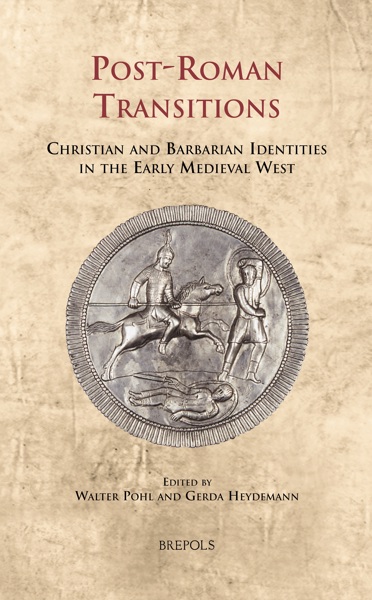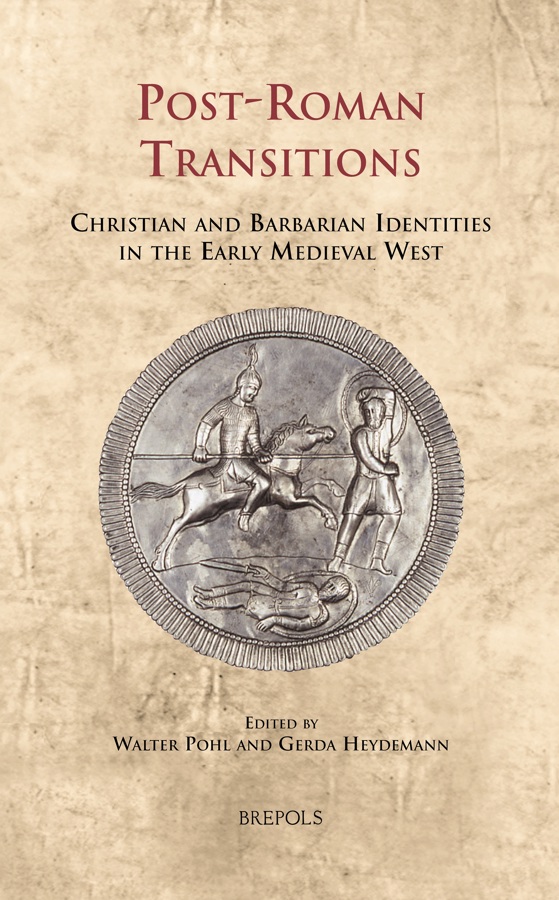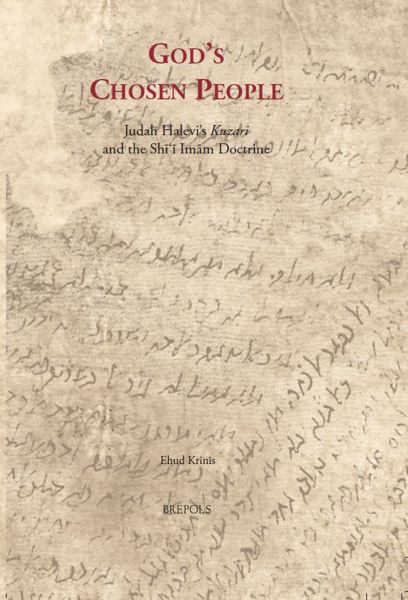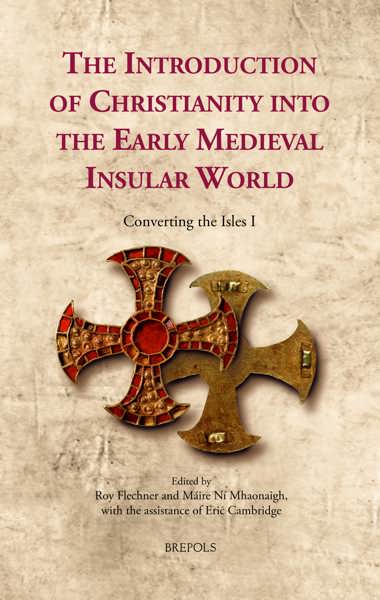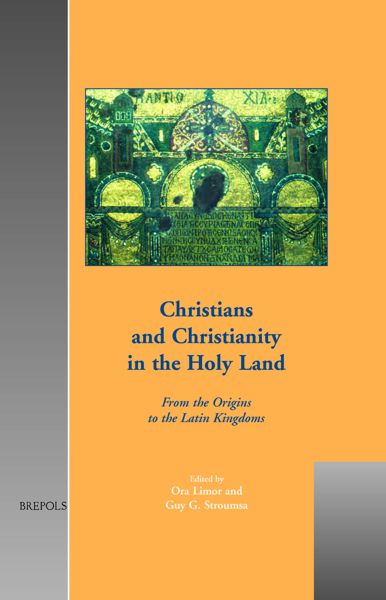
Post-Roman Transitions
Christian and Barbarian Identities in the Early Medieval West
Walter Pohl, Gerda Heydemann (eds)
- Pages: x + 580 p.
- Size:156 x 234 mm
- Illustrations:9 b/w
- Language(s):English, German, Italian
- Publication Year:2013
- € 145,00 EXCL. VAT RETAIL PRICE
- ISBN: 978-2-503-54327-7
- Hardback
- Available
- € 145,00 EXCL. VAT RETAIL PRICE
- ISBN: 978-2-503-54420-5
- E-book
- Available
- Contains contributions in Open Access
What were the social contexts, cultural resources, and political consequences of the new models for identification which emerged during the transition from the Roman empire to the medieval world?
"To conclude, this book is very highly recommended to any students of the Fall of the Western Roman Empire or of the early Middle Ages (…) its contents are thought-provoking, and it is recommended that anybody interested in the period attempt to gain access to a copy of the book, as the topics discussed and the conclusions arrived at are deserving of a wide audience." (Ian Hughes, in: UNRV, January 2015, http://www.unrv.com/book-review/post-roman-traditions.php)
"(...) this is an important volume that both mixes the work of young scholars with that of already established ones, as well as crossing a variety of disciplines, textual and material. The two parallel notions of ethnic identity and Romanness are explored in a way which allows an awareness of their constant interchange, evolution and flexibility to be made quite clear again and again." (Veronica West-Harling, in: The Medieval Review, 15.05.13)
"Der Band lässt seinen Beiträgen viel Raum für ausführliche Betrachtungen. Dabei gelingt es sowohl die Komplexität frühmittelalterlicher Identitätsbildung als auch die Obsoleszenz binärer Betrachtungen zu belegen." (Laury Sarti, in: Historische Zeitschrift, 300.2, 2015, p. 473-474)
"Post-Roman Transitions gathers together a set of thought-provoking papers on this important sert of issues. (...) this book will surely help to set the course for the next stages of these debates." (Robin Whelan, in: Sehepunkte 15, 2015, Nr. 11, http://www.sehepunkte.de/2015/11/24591.html)
This volume looks at changing identities during the transition from the Roman Empire to a political world defined by a different kingdoms and peoples in western Europe. It addresses 'ethnicity' in the context of alternative modes of identification, mainly Christianity and Romanness. To widen the horizon of current debates, it shows that the ancient dichotomy between barbarians and Romans is hardly helpful in understanding the complex transitions to a post-imperial age in the West. In a broad sweep of regional examples, from Spain and North Africa to Dalmatia and the British Isles, the book follows the unfolding of Christian and barbarian identities: How were both the Roman and the barbarian past used for the formation and legitimation of new identities?
The ‘scripts of Romanness’ changed in the early Middle Ages, and so did the significance of othering pagans, heretics, or barbarians. The contributions trace the tenacity and the ambiguity of traditional narratives and signs of distinction: manuscripts and material remains, costume and epigraphy, historiography and hagiography were used in creative ways to shape civic, local, or religious communities. Many of the contributions show the fundamental importance of Christian 'strategies of identification' for creating a stronger political role for ethnicity in the post-Roman kingdoms. As such, they follow a line of argument that has also been explored in the book’s companion volume in this series, Strategies of Identification: Ethnicity and Religion in Early Medieval Europe (CELAMA 13).
Preface - Walter Pohl and Gerda Heydemann
Christian and Barbarian Identities in the Early Medieval West: Introduction - Walter Pohl
Section 1: Scripts for Identity — Resources of the Past
Who is Allowed to Pray for the King? Saint-Maurice d’Agaune and the Creation of a Burgundian Identity — Albrecht Diem
Patria, peregrinatio, and paenitentia: Identities of Alienation in the Seventh Century — Alexander O’Hara
Religiones and gentes in Isidore of Seville’s Chronica maiora — Jamie Wood
Adventus, Warfare, and the Britons in the Development of West Saxon Identity — John-Henry Clay
Arrivano i barbari a cavallo! Foundation Myths and Origines gentium in the Adriatic Arc — Francesco Borri
Tuscans as gens? Shaping Local Identities and Communities in Early Medieval Tuscany — Marco Stoffella
Section 2: Romanness and Otherness — Signs of Distinction and their Ambiguities
Who Were the Romans? Shifting Scripts of Romanness in Early Medieval Italy — Maya Maskarinec
The Fading Power of Images: Romans, Barbarians, and the Uses of a Dichotomy in Early Medieval Archaeology — Philipp von Rummel
Remembering the Warriors: Weapon Burials and Tombstones between Antiquity and the Early Middle Ages in Northern Italy — Irene Barbiera
Who is the Barbarian? Considerations on the Vandal Royal Title — Roland Steinacher
Die Wahrnehmung der nichtfrankischen Volker in der merowingerzeitlichen Historiographie — Gerald Krutzler
Scritture nazionali e aree culturali: le epigrafi tra forme, contenuti e trasmissioni testuali in Italia e nell’Europa altomedievale — Flavia De Rubeis
